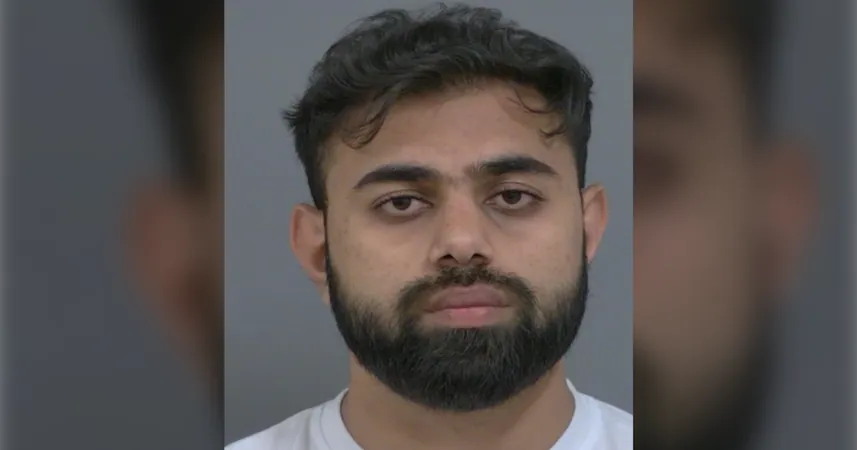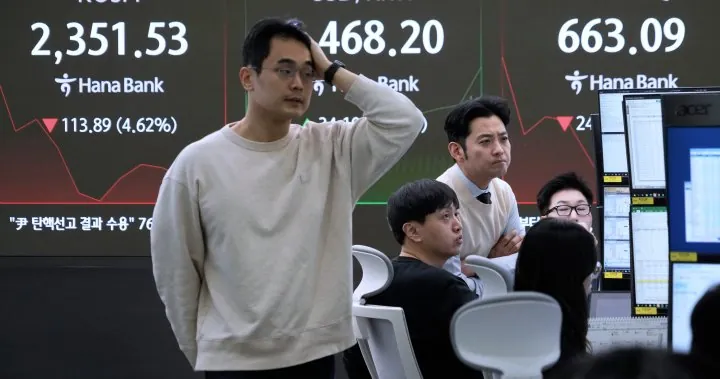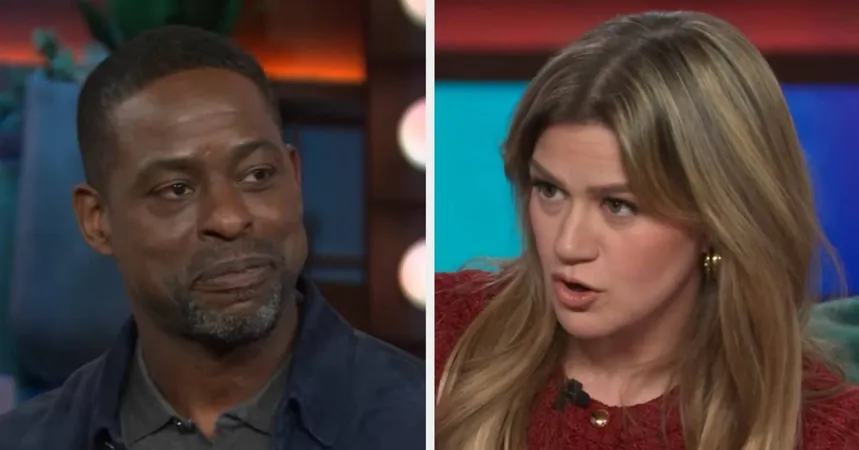
Freedom Convoy Leaders Convicted of Mischief: What Will Happen Next?
2025-04-04
Author: Emily
In a landmark decision that sent ripples through Canadian society, Tamara Lich and Chris Barber, two key figures behind the controversial "Freedom Convoy" protest, have been found guilty of mischief. This protest, which paralyzed the city of Ottawa for weeks in early 2022, was largely a response against COVID-19 restrictions and the government's vaccine mandates.
The charges against Lich and Barber included mischief, obstructing police, and intimidation, totaling six charges. However, after a grueling trial that lasted over 45 days, the duo was acquitted of most charges, raising eyebrows among supporters and critics alike.
The decision was delivered in an Ottawa courtroom on Thursday. Both Lich and Barber were convicted of counselling others to commit mischief and mischief itself, although the latter conviction has been stayed following a request from Crown attorneys, as reported by CBC. Barber also faced additional charges, ultimately being found guilty of counselling others to disobey a court order.
The protests, which saw convoys of around 400 trucks lay siege to the heart of Canada’s capital for three weeks, were labeled an “occupation” by city officials. The initial spark was a federal vaccine mandate targeting truck drivers crossing the US-Canada border, but the movement quickly grew into a broader discontent against the Trudeau government’s pandemic measures.
During the trial, the prosecution argued that Lich and Barber were central to orchestrating the protests, wielding significant influence over participants through their social media platforms and public appearances. In stark contrast, the defense presented their clients as well-meaning protesters who occasionally cooperated with law enforcement to maintain order, asserting that they did not incite unlawful actions.
In a parallel to their legal woes, another prominent figure associated with the Freedom Convoy, Pat King, received a three-month house arrest sentence in February after being found guilty on multiple charges, including mischief and counselling obstruction of police. Meanwhile, the Crown, initially seeking a decade-long prison sentence for King, is appealing the leniency of his punishment.
While the prospects for Lich and Barber’s sentencing remain uncertain, the continuing fallout from their actions has reignited discussions about civil liberties, police authority, and the meaning of peaceful protest in Canada. Furthermore, the Freedom Convoy did not only affect Ottawa; it inspired similar demonstrations across the globe, showcasing the impact of discontent in a pandemic-weary world.
As the legal proceedings unfold, many are left wondering: what precedent will be set for future protests, and how will this verdict resonate with those who feel their freedoms have been encroached upon? Stay tuned as this story develops.









 Brasil (PT)
Brasil (PT)
 Canada (EN)
Canada (EN)
 Chile (ES)
Chile (ES)
 Česko (CS)
Česko (CS)
 대한민국 (KO)
대한민국 (KO)
 España (ES)
España (ES)
 France (FR)
France (FR)
 Hong Kong (EN)
Hong Kong (EN)
 Italia (IT)
Italia (IT)
 日本 (JA)
日本 (JA)
 Magyarország (HU)
Magyarország (HU)
 Norge (NO)
Norge (NO)
 Polska (PL)
Polska (PL)
 Schweiz (DE)
Schweiz (DE)
 Singapore (EN)
Singapore (EN)
 Sverige (SV)
Sverige (SV)
 Suomi (FI)
Suomi (FI)
 Türkiye (TR)
Türkiye (TR)
 الإمارات العربية المتحدة (AR)
الإمارات العربية المتحدة (AR)